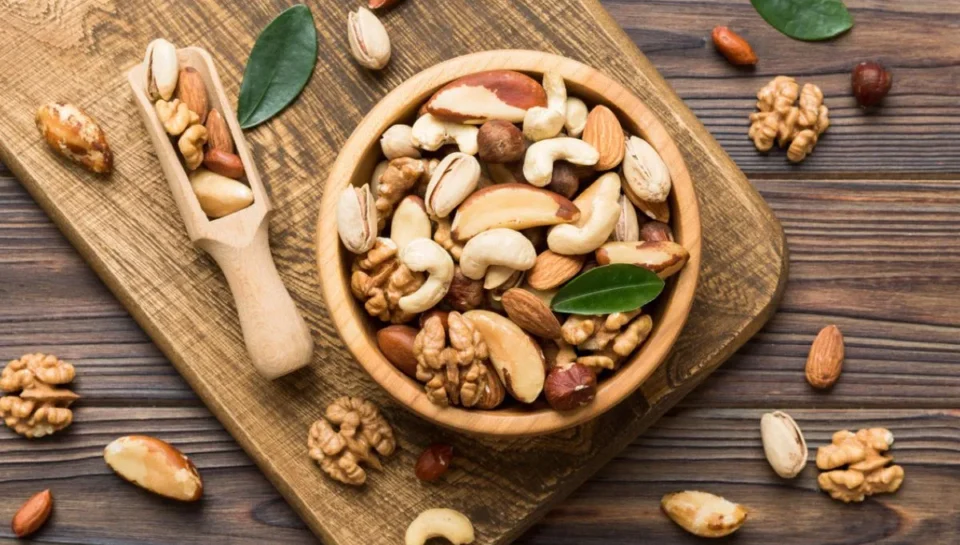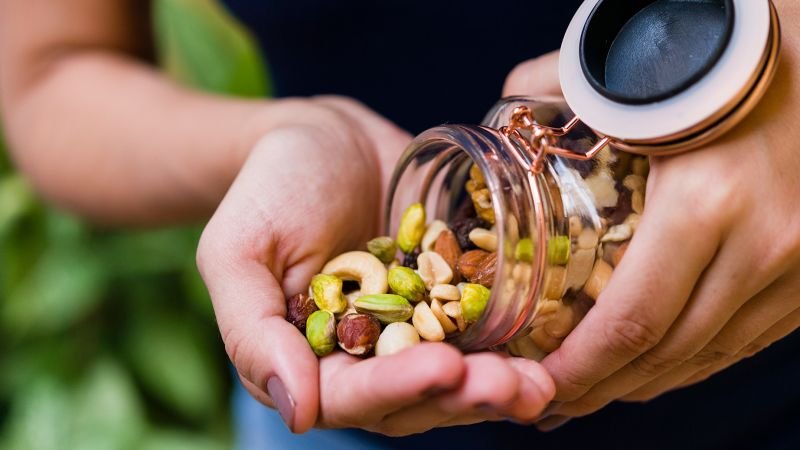
When choosing between roasted and raw cashews, the nutritional differences are surprisingly small—both are rich in healthy fats, plant-based protein, fiber, and essential minerals. Raw cashews tend to have slightly fewer calories and less fat per ounce, while roasted cashews—especially oil-roasted—can be a bit more calorie-dense due to moisture loss during heating.
Raw cashews retain a few more heat-sensitive nutrients like vitamin K, vitamin B6, magnesium, copper, and antioxidants. However, the losses during roasting are minimal for most people—not enough to significantly impact health benefits.
One key advantage of roasting is improved digestibility. Heat reduces compounds like phytic acid and tannins, enhancing the absorption of minerals such as iron and magnesium. In contrast, raw cashews may be harder on digestion due to higher antinutrient levels.
Safety is another important consideration. True “raw” cashews in the shell contain urushiol—the same toxin found in poison ivy—making them unsafe to eat. The cashews sold as raw have already been steamed or lightly roasted to remove this toxin. Roasting further ensures bacterial safety, while raw nuts, despite pasteurization, still carry a slightly higher risk of contamination.
Taste and texture differ too: roasted cashews offer a richer, nuttier flavor and satisfying crunch, while raw cashews are milder, creamier, and blend more seamlessly into sauces, desserts, and homemade cashew milk.
For heart-conscious individuals, the sodium content matters—salted roasted varieties can be high in sodium and added oils. Choosing unsalted or dry-roasted options helps keep calories and sodium in check.
Both forms support health: they provide monounsaturated and polyunsaturated fats that help lower LDL cholesterol, improve heart health, and supply fiber and antioxidants that aid with weight management and inflammation. A standard serving of about 18 cashews (~1 ounce) offers around 5 grams of protein and a nutrient-rich profile.
However, individuals prone to kidney stones should use caution: cashews contain moderate oxalate levels, which may increase stone risk in susceptible people.
In the end, there’s no universal “better” option—it comes down to your goals. Choose raw if you want maximum nutrient retention, minimal processing, and versatility in cooking. Opt for roasted for better digestibility, enhanced flavor, and convenience. Just be mindful of added salt or oil. In moderation, both raw and roasted cashews can be part of a healthy, balanced diet.










